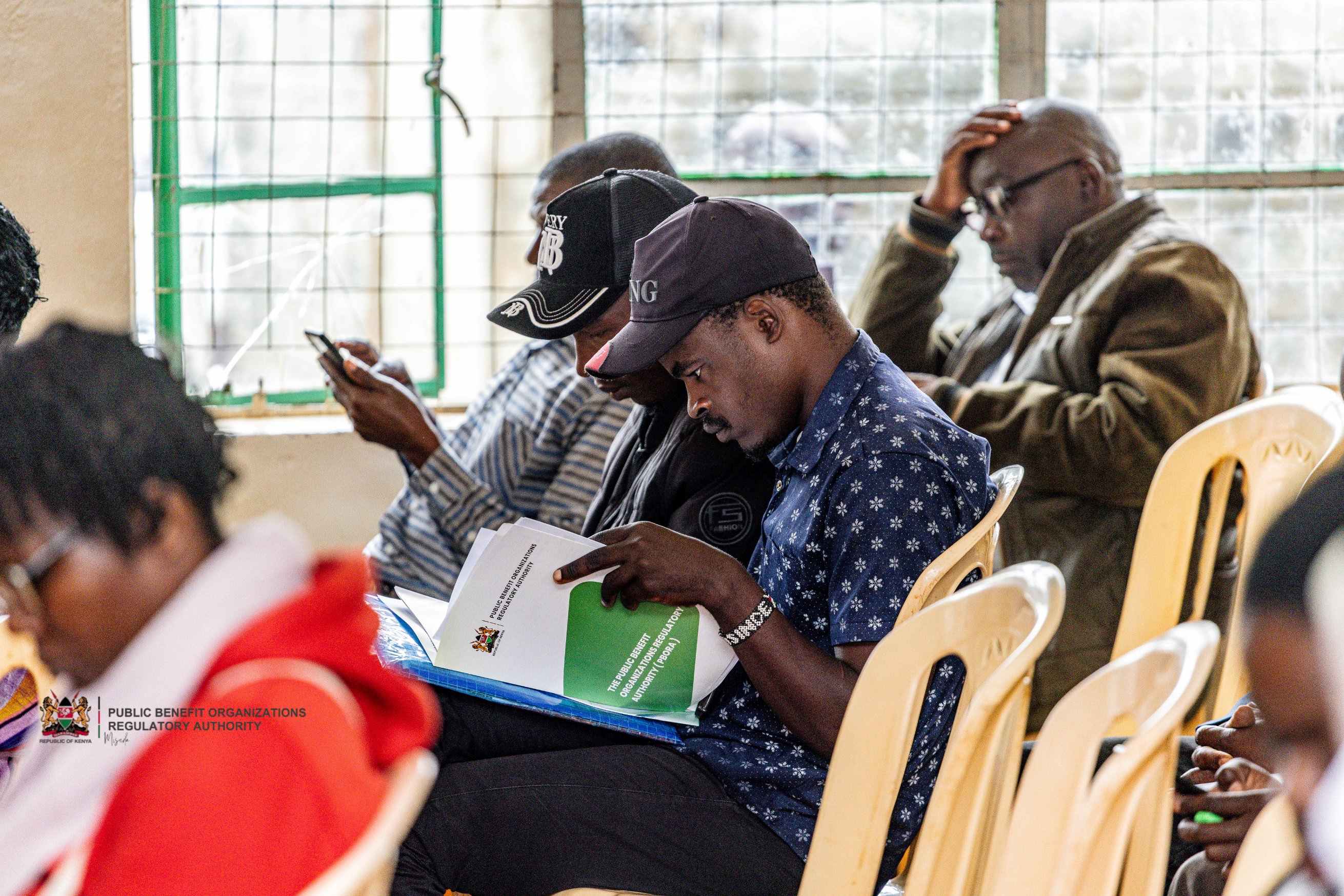NGOs face stricter scrutiny under proposed new regulations

Civil society groups will now be required to meet stricter registration, reporting and operational standards under the proposed laws.
The government has initiated a review of regulations governing Public Benefits Organisations (PBOs) as part of efforts to enhance transparency and accountability in the sector.
Civil society groups will now be required to meet stricter registration, reporting and operational standards under the proposed laws.
More To Read
- High Court declares key provisions of PBO Act unconstitutional in major win for NGO rights
- State proposes new PBO Act rules for civil society operations
- CJ Koome nominates five members of tribunal meant to resolve civil society disputes
- NGOs in Kenya given until May 2026 to comply with new public benefits law
- Sakaja’s foundation among over 2,800 non-compliant NGOs facing deregistration
Public Benefits Organisations Regulatory Authority (PBORA) CEO, formerly the NGOs Co-ordination Board, Laxmana Kiptoo, said the operationalisation of the PBO Act aims to create an environment that promotes a transparent, accountable and more organised PBO sector.
The draft PBO Regulations 2025, presently going through public participation, are intended to give full effect to the PBO Act.
Kiptoo also highlighted that the new law is expected to provide a comprehensive and transparent framework for the registration and regulation of civil society groups. He noted that some NGOs have been previously accused of operating in opaqueness and misappropriating donor funds.
He claimed that such organisations, operating as “briefcase” NGOs, develop funding proposals from the people and later get donor funding, but their work does not translate to anything on the ground.
“These regulations are meant to make sure that PBOs that operate within the country are accountable to the people of Kenya,” he said.
Speaking during a public participation on the PBO draft regulations, Kiptoo noted that his organisation has received complaints from the county governments indicating that some NGOs enter into partnerships with them to support implementation of massive development projects, particularly in the health and education sectors, but the deals end up not materialising.
“The organisations trigger huge funding proposals for mega projects, yet nothing tangible can be seen on the ground. The new regulations we have proposed will streamline such issues,” he added.
The PBO Act, Kiptoo said, also seeks to ensure self-regulation for the non-state organisations and improve ways for them to generate local funding, especially in the wake of various organisations facing funding cuts by donors.
“We are looking at having mechanisms of how organisations can be able to engage in income-generating activities for them to have local funding that will ensure sustainability,” he said.
On the PBOs registration process, Kiptoo said the Act seeks to shorten the time of registration from the current 90 to 60 days and extend the length of filing annual returns from three to six months.
A section of the civil society organisations has welcomed the review of the laws, terming it a great milestone in the PBO and civil society sector.
A representative of Transform Empowerment for Action Initiative (TEAM), Marriam Abdala, said implementation of the PBO Act will ensure the organisations are transparent and accountable to the public in their work.
“We want to say that this is a great change that is coming about for both the NGOs and community-based organisations. There should be openness in everything, including the resources we receive and utilise while engaging our communities at the grassroots level,” Marriam said.
Top Stories Today











































